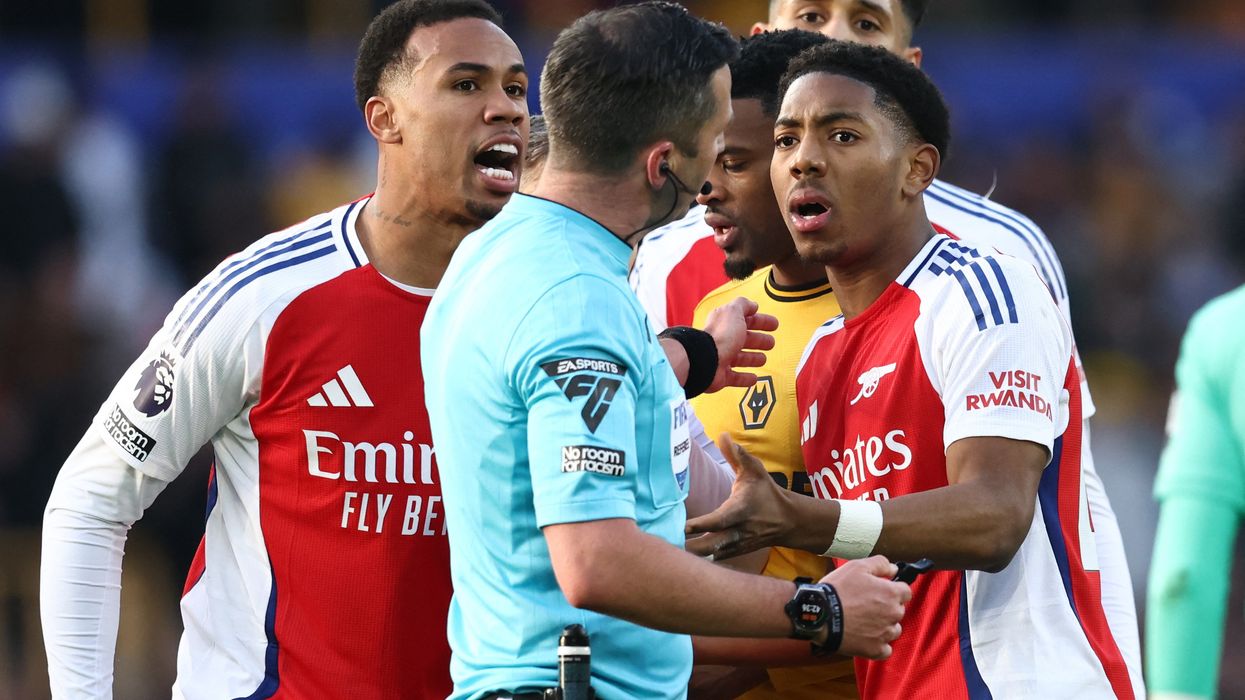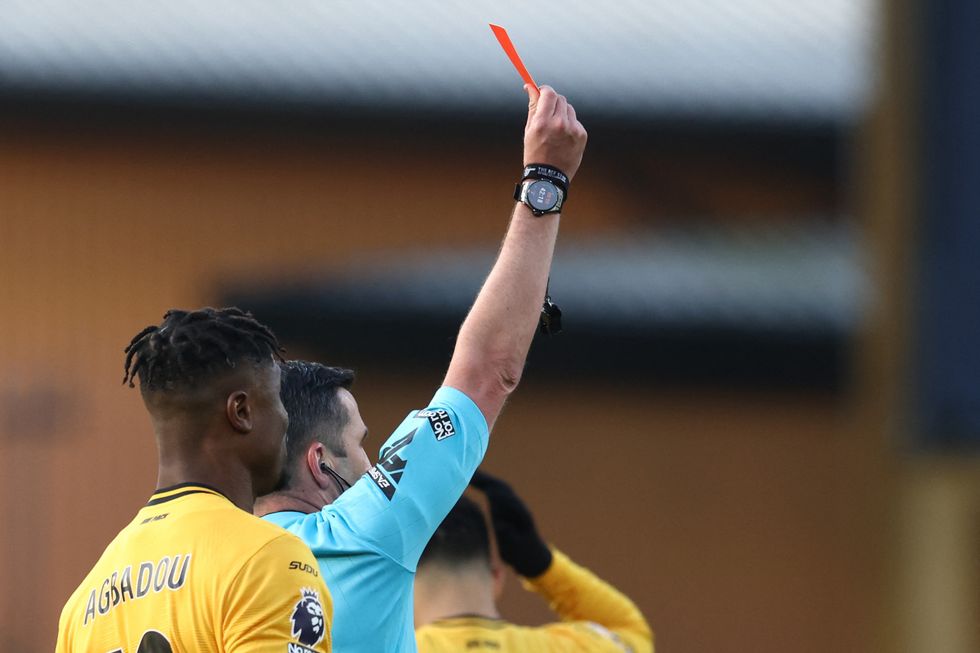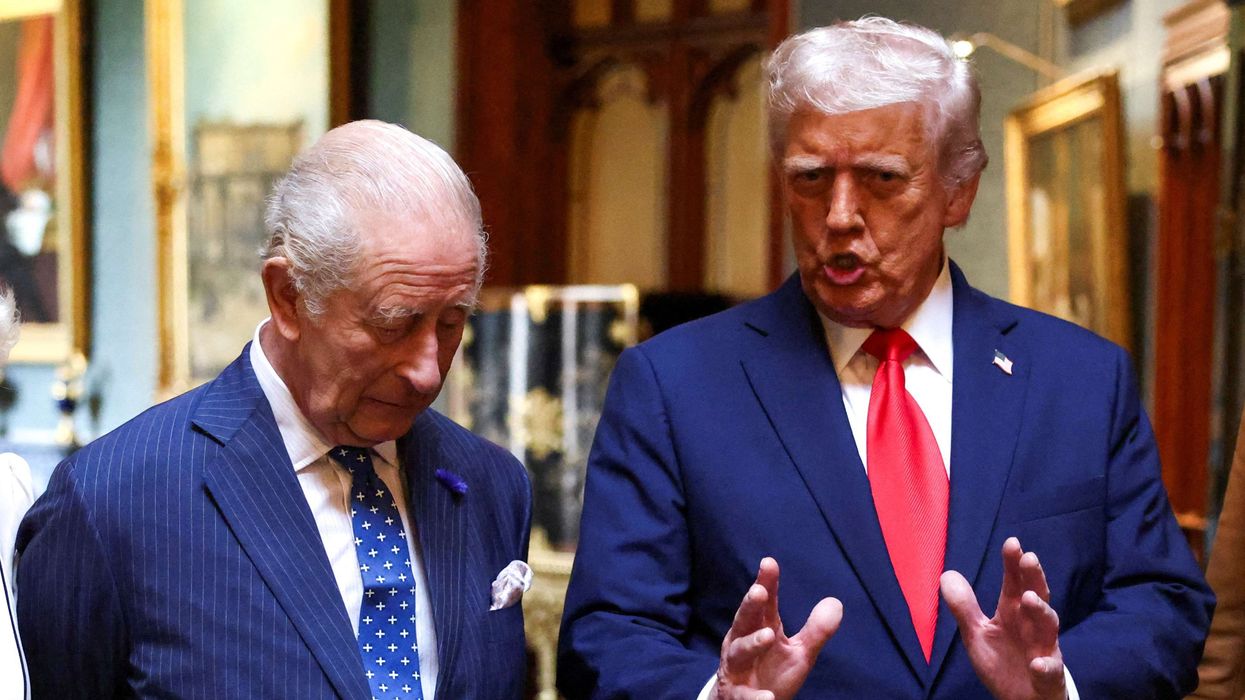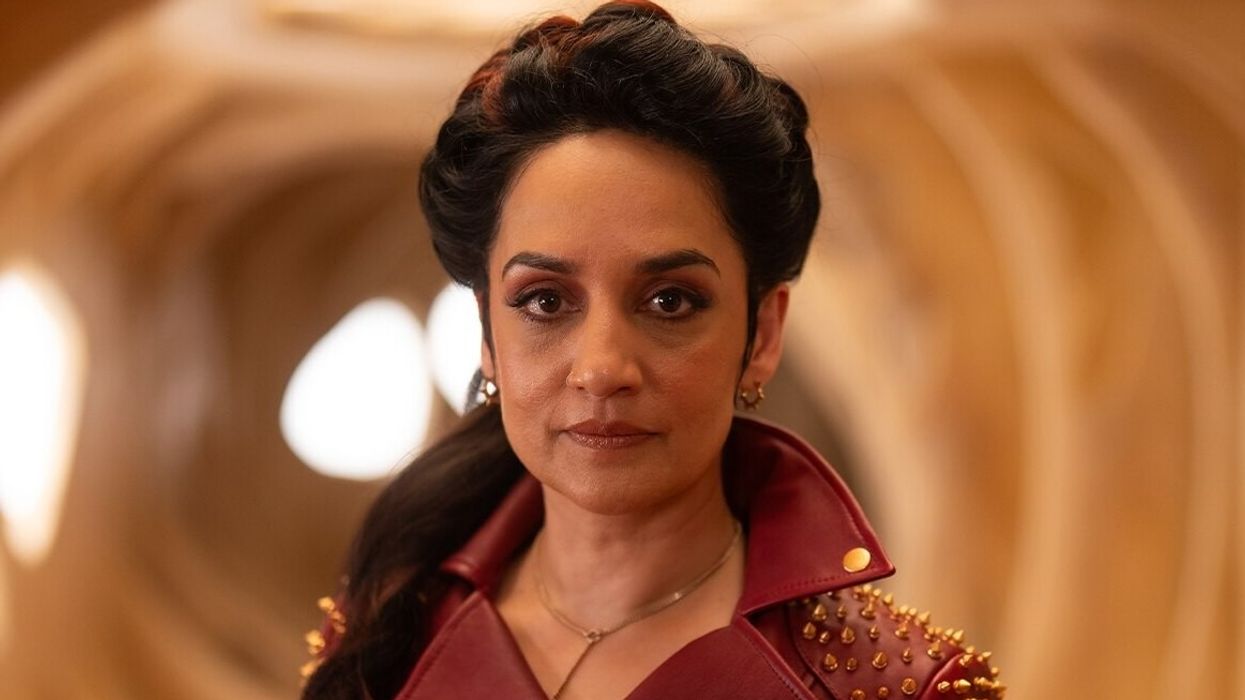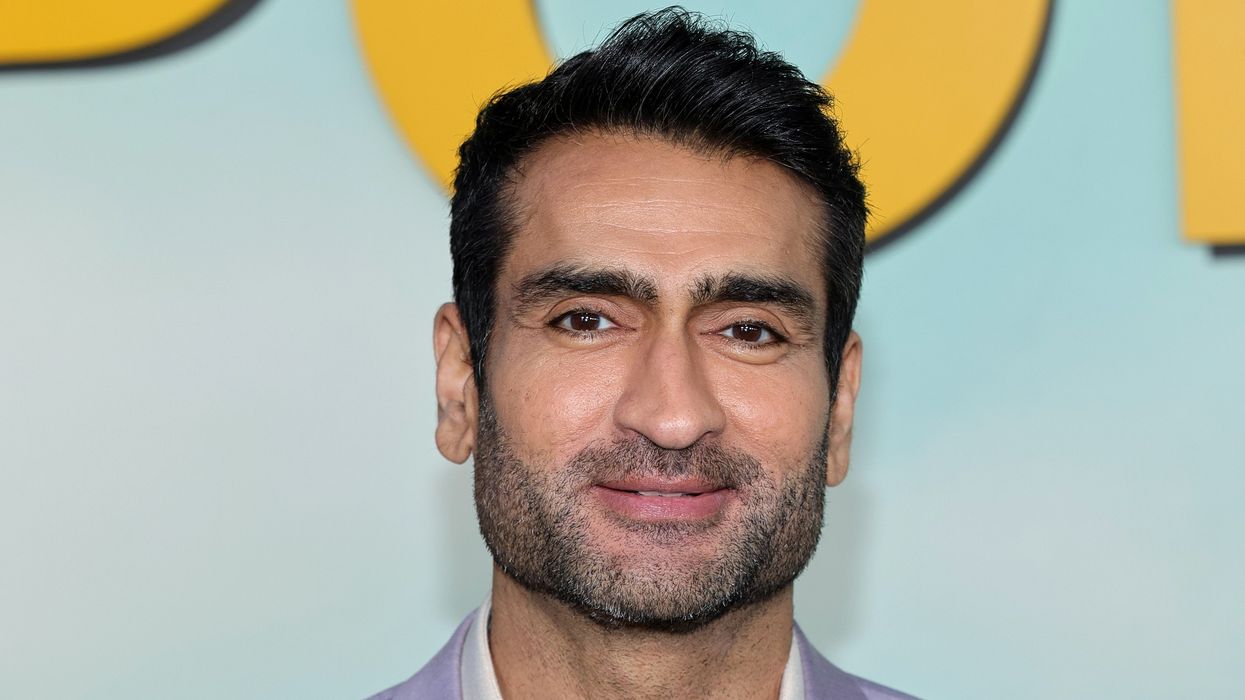With the Premier League producing yet another controversial refereeing decision, it is about time the PGMOL are held accountable.
Bizarre red card dished out at Molineux
Arsenal found themselves on the receiving end of yet another controversial refereeing call, this time away at Wolverhampton Wanderers. The Gunners have now been awarded the most red cards this season, and those decisions were fairly debatable as to whether they should’ve stood. However, the decision at Molineux was categorically the wrong one, and the person who made that call was none other than Michael Oliver, supposedly the best referee this country has to offer.
Firstly, referees should receive criticism, but personal attacks and abuse, which Oliver has allegedly received, cross the line. However, it seems as though the media and refereeing board, PGMOL, are using this to deflect from accountability for poor refereeing decisions.
Eighteen-year-old Myles Lewis-Skelly was left bemused as the victim of the decision. As Wolves looked to counter Arsenal’s corner, the young left-back appeared to trip Matt Doherty in the 43rd minute whilst the ball was still very much in the Wolves half. This tactical foul would surely warrant a yellow card rather than a red. The reasoning for the red was dangerous foul play for a high-studded challenge, but footage illustrated anything but that. Mistakes are part of the game, which is where you look towards VAR for help, but in this instance, VAR official Darren England upheld the on-field decision.
Justice prevailed
Fortunately for Arsenal, the red card didn’t impact the result. During the second half, they played with such intensity you’d have thought they still had 11 players on the pitch. Around the 70th minute, the game became a level playing field as Joao Gomes received a second yellow card for a challenge on Jurrien Timber, which was undoubtedly a far more dangerous tackle than Myles Lewis-Skelly’s and should’ve earned him a straight red and a three-match ban rather than one.
It was substitute left-back Ricardo Calafiori, who replaced Lewis-Skelly, that netted the winner on the half-volley in the 74th minute, rescuing Arsenal from a precarious situation alongside heroic saves from keeper David Raya. Following Arsenal’s appeal, the red card for Lewis-Skelly has since been rescinded, and his three-match ban has been rightly lifted, further proving just how ridiculous the decision was to begin with.
Reaction to the red card
There has been widespread scrutiny towards Michael Oliver’s blunder. Alan Shearer, who’s usually quick to begrudge Arsenal for complaining about referees, described it as one of the worst refereeing decisions he has ever seen. Arsenal legend Ian Wright also expressed his frustration on social media. Moreover, during the Ref Watch segment on Sky Sports, ex-referee Dermot Gallagher also admitted a yellow card should’ve been shown, which is significant as he usually rushes to defend referees after shocking officiating.
PGMOL lack accountability
With the news of a proposed Football Governance Bill that aims to bring an independent regulator to the English game, perhaps we should question whether the independent regulator’s remit should extend beyond the Premier League and also towards the PGMOL. This seems a good idea, not only due to poor refereeing standards and lack of accountability but also in light of the ex-referee David Coote scandal, where he was guilty of alleged substance abuse earlier this season, alongside a leaked video of him using vulgar language when speaking about Jurgen Klopp.
Perhaps with an entity to answer to, the PGMOL will be more cutthroat in response to poor officiating, rather than resting on their laurels and brushing incidents under the carpet.
